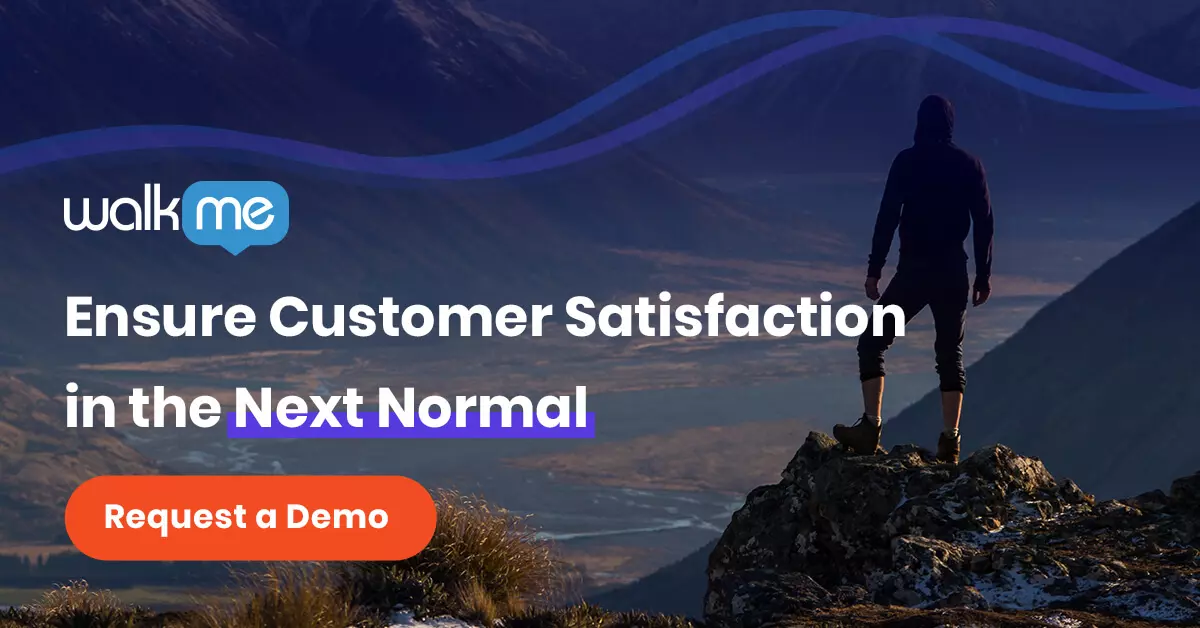The user experience is about psychology. In fact, the best way to approach creating an amazing user experience is to remember that humans are more emotional than logical.
User experience is the sum total of emotions and perceptions that “users experience” when interacting with a product, website, or software tool. UX design is all about creating a positive response so the user will stay longer and return often.
Meeting the user’s needs is the bare minimum of what a good product should do. A good product is visually appealing, engaging, and simple. Navigating its features should feel effortless.
Especially with the spike in digital offerings and digitization since the COVID pandemic, users will move to your competitor in a heartbeat if the experience with your particular product or service is less than satisfactory. Now more than ever, UX designers are imperative for a product’s success.

Here are five golden UX goals to set when designing a digital experience:
1. Keep text short and sweet
Long or complex text translates to cognitive overload, and with a simple click, you will lose your users. The job of the UX designer is to enhance the ease of use of your software.
Use simple language: short sentences, simple vocabulary, and readable structure with careful visual crafting. If long text is absolutely necessary, make sure the format is visually digestible, interesting, and engaging. And never underestimate the power of a good font.
Achieving this user experience goal will go a long way to improve the usability of your service or product sounds simple but it’s important and will keep your users coming back for more.

2. Deliver constant feedback
Imagine you are standing at the counter of your local cafe. You order your coffee – and get no response. The barista does not make eye contact or acknowledge your presence in any way. There is no indication of whether your order was received. You feel a surge of frustration. Again, the user experience is emotional.
When your user clicks on something, make sure that they receive an emotional response for making that decision. Maybe the icon changes when clicked, maybe there’s an engaging and satisfying sound. Whatever it is, deliver constant feedback to your user throughout their journey on your site or app.
Loading time is not ideal but sometimes unavoidable. If you can show your users that the loading is actually progressing, you can prevent them from moving on. But if you leave them wondering if their request was even been submitted, they probably won’t wait around to find out.
An excellent piggy-back feature of feedback is guidance. Once an action is completed successfully, users should be offered the next step on a silver platter. Don’t wait for them to decide to continue, rather make it as seamless as possible for them to move on to the next step and to continue to experience the user journey that you’ve created for them.

If you don’t have guidance capabilities within your own product, there are other ways to achieve the same results. A DAP (Digital Adoption Platform) like WalkMe, integrates with any app or site, and provides guidance to users in a customizable and helpful way. Users feel supported and the UX is boosted.
3. Keep some things consistent
Maintaining consistency allows users to become familiar with your service. Familiarity, in turn, fosters loyalty. Create a sense of predictability in your system. This is a challenge for UX designers because you’ll need to strike the perfect balance between interesting and dynamic, but still stay safe and somewhat predictable.
Users like to rely on the sense that they know what to expect. It makes them feel comfortable while they navigate an app or website. Remember, this is a psychological imperative, that your users should feel empowered and powerful while using your product. If they feel overwhelmed and weak, they will not be motivated to stay or return.
Sometimes self-support features like a chat-bot can create an instant way for users to feel safe and in control of their experience. Check out WalkMe’s DAP to learn more about how top companies are using chatbots to empower their users.
4. Evoke joy
It is crucial that above all, the user is happy. All other UX goals are meaningless if this one isn’t on the list!
Don’t be afraid to make your designs fun, bright, and interesting, as well as functional and logical. You can use engaging graphics, incorporate gamification, or try animation to keep things interesting and to keep users curious.
A user experience that inspires, makes people smile, or reminds them of other happy experiences, ensures that users will come back again and again. Even employees at work who are using digital tools want to have fun.
The key to this goal is to try to keep the user at the center of this entire process. What would make she or he feel special? Maybe you include the user’s first name in text, so that they feel that this experience is truly their’s. UX should allow for customization and automation as much as possible.

5. Test changes with real users
These user experience goals are great – but you won’t know what works for certain until you put your product in front of a user. New features or design changes should be AB tested strategically in order to gauge if your upgrades enhanced or hindered your user’s journey. This can be tricky. It’s highly recommended to use a DAP to accurately measure and track your product’s user experiences in order to make the right improvements and to allocate resources towards the right efforts.
You can see why companies like IBM and Microsoft use a Digital Adoption Platform to enhance their user experience and to be able to gain invaluable insights.
You’re a UX pro!
These five user experience goals will undoubtedly help you enhance your product’s UX. Bottom line: Users are humans, and humans are emotionally driven. Keep your users feeling happy, safe, in control, and special, and you will have a winning UX that keeps your customers coming back for more.


